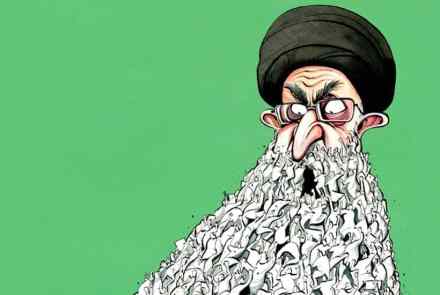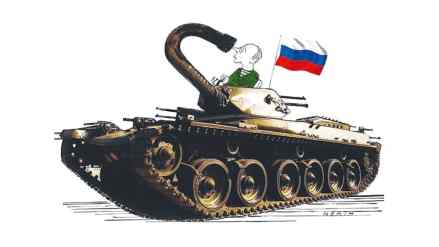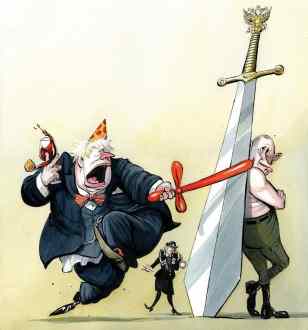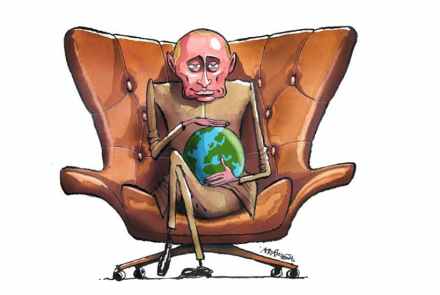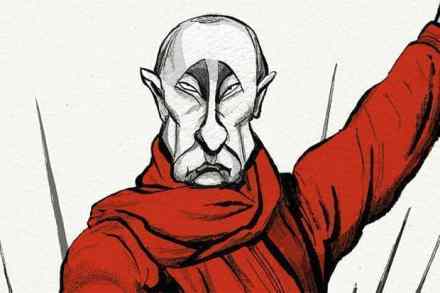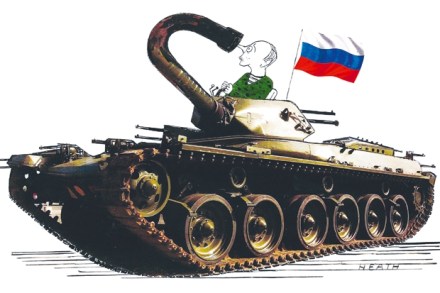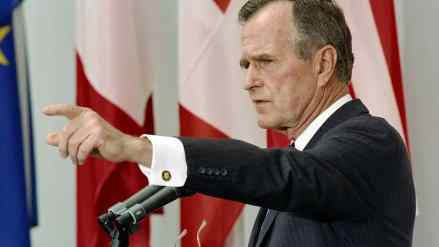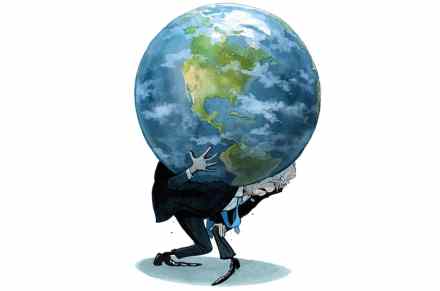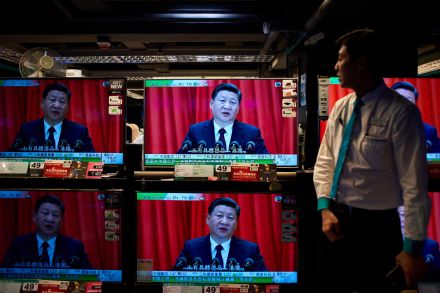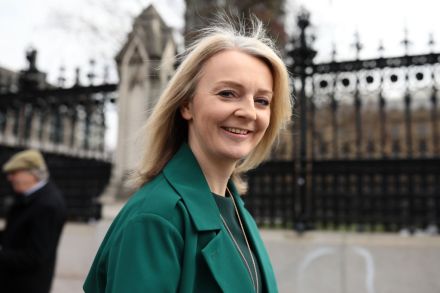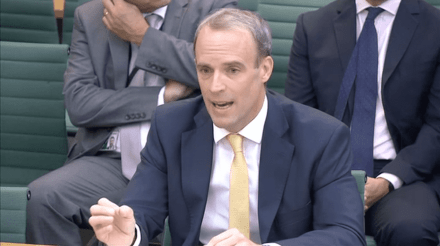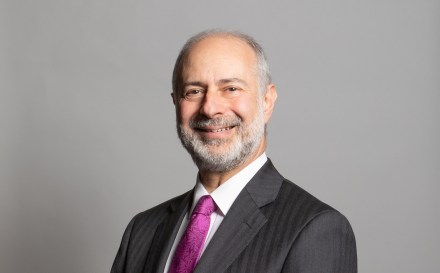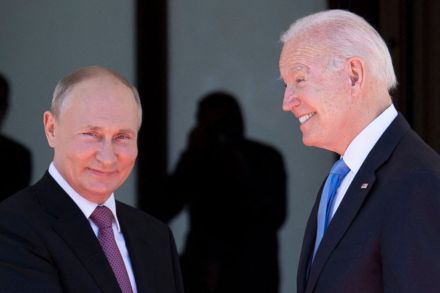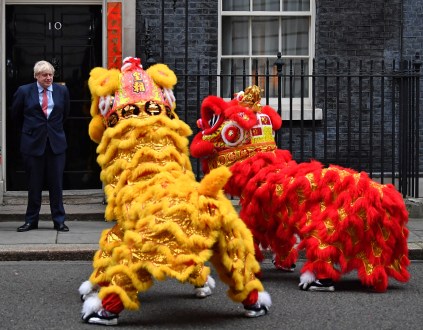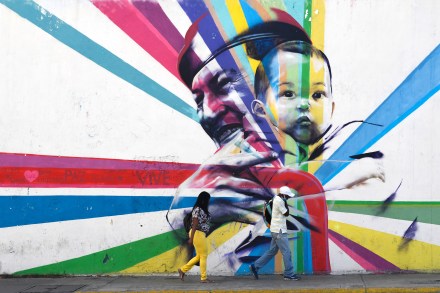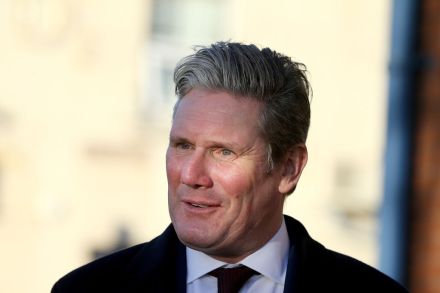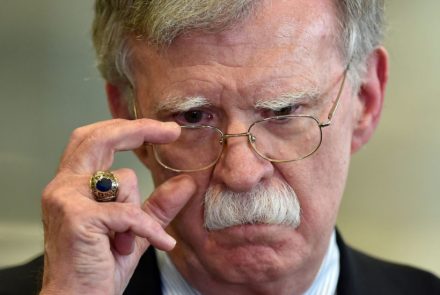The West cannot do business with Iran
Salman Rushdie’s would-be assassin might have been a lone wolf. He might have had no contact with military or intelligence figures. He might never even have set foot in Tehran. But be in no doubt: he acted, in effect, as an agent of the Islamic Republic of Iran. Under the terms of the fatwa issued by Ayatollah Khomeini in February 1989, Rushdie ‘and all those involved in its publication who were aware of its content, are sentenced to death’. Khomeini urged ‘brave Muslims to quickly kill them wherever they find them so that no one ever again would dare to insult the sanctities of Muslims’, adding: ‘Anyone killed while trying
